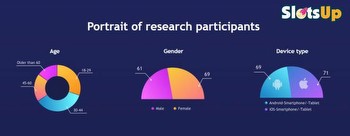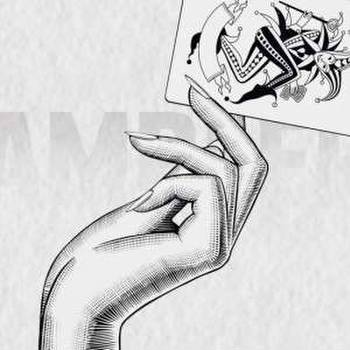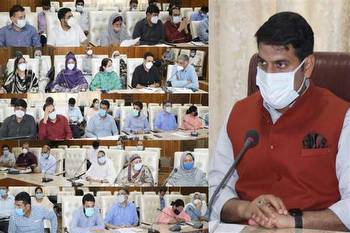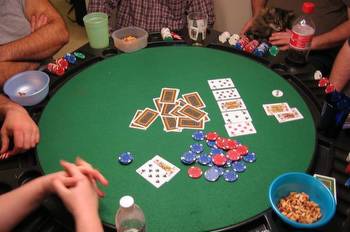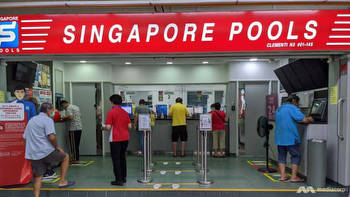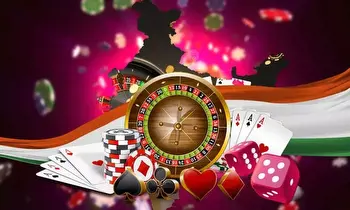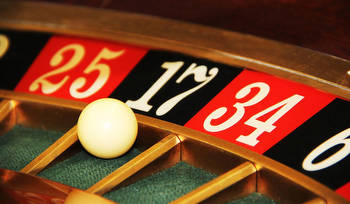Two-thirds of Indians Gamble Online at Least Once Per Month

In an age of information and digital tech, the landscape of entertainment has been going through a significant transformation, with online gambling emerging as a prominent and rapidly evolving phenomenon on a global scale.
India, a country where the advancement of technology and the internet has opened new doors to convenience, is no exception to this trend.
Indians and Gambling: A Historical Perspective
Indians have a long history and tradition of engaging in various forms of gambling. In modern times, this is evident from a KPMG report, which estimated the size of India's illegal gambling and sports betting market at a staggering $88 billion in 2012. By 2018, this market had grown to an astounding $130 billion, underscoring the enduring passion for gambling among the Indian populace.
However, the advent of digital technology has transformed the way many Indians gamble. Unlike the black gambling market in the physical world, which has prevailed for decades, nowadays, there is a whole sector in online gambling where Casino Days Online Casino and the whole cohort of internationally licensed casino platforms offer safety standards in accordance with the regulatory norms of developed economies.
More recent research based on a 2023 survey among 2,000 online players in various states of the country gives detailed information on how often Indians play with real money online and how much time they dedicate to gambling.
Two-Fifths Play with Real Money on a Weekly Basis
The survey's findings reveal that Indians have become enthusiastic participants in online gambling. Two-thirds, or 66.3%, of the respondents, admitted to gambling at least once per month, with a substantial 40.3% engaging on a weekly basis, according to SevenJackpots Casino, who conducted the survey and analysed the results.
Among these weekly gamblers, 8.3% do so once a week, 25.6% indulge two or more times, and 6.4% are daily gamblers.
The variation in player behaviour regarding engagement frequency can be attributed to the diverse nature of online gaming options available, SevenJackpots writes.
While online casino games are accessible around the clock, sports betting experiences fluctuations tied to the timing of tournaments, events, and leagues. This results in a more sporadic pattern of engagement among players who primarily focus on gambling around major sporting events throughout the year.
Diving deeper into the time commitment patterns of online gamblers in India, the survey found that nearly half of the respondents (47.9%) allocated a maximum of five hours per week to gambling, considering it primarily a pastime activity. However, the majority of surveyed players, slightly exceeding 52%, invested more than six hours per week in online gambling.
Among this majority, 22.7% limited their online gambling activities to under 10 hours, 20.1% dedicated between 11 and 20 hours, and 9.4% were committed to more than 20 hours every week. Notably, these statistics align with global trends indicating that Indians spend an average of 4 hours and 5 minutes on their smartphones every day, surpassing the global average by 22 minutes.
Age Matters: Older Players Gamble More Regularly and for Longer Durations
One fascinating revelation from the survey by Seven Jackpots is the significant impact of age on gambling behaviour. The findings demonstrate that older gamblers consistently engage more frequently and for longer durations compared to their younger counterparts across all examined states. In most states, players aged 36-44 engage at least twice a week and spend 11 or more hours gambling.
This suggests that older generations, who are less engrossed in social media and mobile online entertainment, exhibit a greater propensity to channel their leisure time into gambling activities. Their greater overall financial stability may also contribute to their extended gambling sessions.
The survey conducted by SevenJackpots provides a comprehensive view of consumer behaviour within India's online gambling landscape and underscores the acceptance of online gambling as a form of entertainment among Indian citizens.
These findings suggest that regulatory measures, rather than outright bans, might be a more effective approach, offering player protection, licensing standards, and responsible gambling initiatives.
Brand Solutions is a marketing initiative for posts. No Techcircle journalist was involved in the creation of this content.









